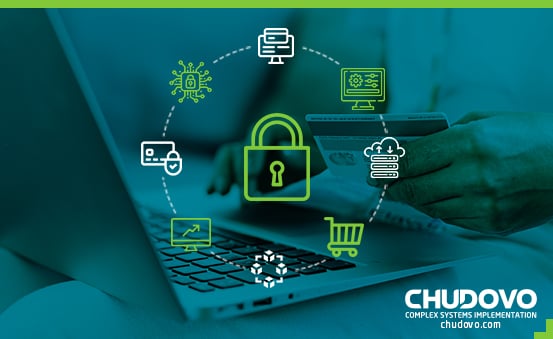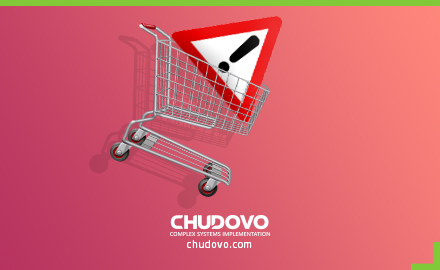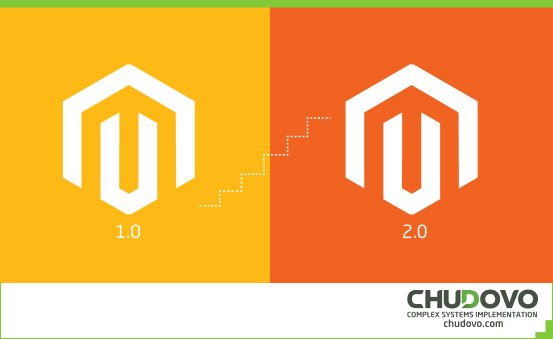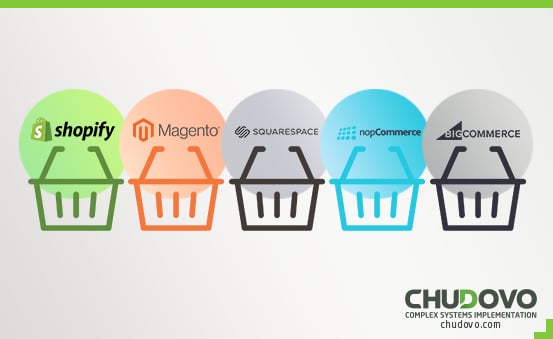
5 Basic Steps To Secure Your E-Commerce Website
A high-level shopping experience, quality products, great customer support and thoughtful marketing create one attractive eCommerce website But what makes it a secure Magento Commerce website.
What Is eCommerce Security?
Secure eCommerce includes multiple measures you have to take to protect your website (and your customers) from any kind of fraudulent actions.
Your online store is a complex system that includes servers, web apps, user interface, network connection, payment systems and a lot more. And each system component can be vulnerable to malicious attacks and fraud.
In other words, if you had a physical store you would take care of installing a good security system and created processes to ensure everything is protected. The same goes when talking about the security for eCommerce websites – you gotta create a good system for your and your customers’ sake (and safety!).
What Are The Common Security Issues in eCommerce?
DDoS or distributed denial of service attacks
A distributed denial of service or DDoS attack is an attack performed from multiple computers that are hitting your server with fake traffic. Its goal is to make your website not functional and inaccessible.
SQL injections
SQL injections are probably the most typical cyber attack today. With SQL injections, hackers try to get access to your online store by injecting malicious SQL commands into your website scripts. If such malware gets through, it changes the way your site reads key data so hacker is able to perform commands on your website. The hacker can even shut your website down.

Certified engineers
Convenient rates
Fast start
Profitable conditions
Agreement with
EU company
English and German
speaking engineers
Phishing attacks
Phishing is a hacking method that requires some social engineering skills. The hacker sends you targeted emails that are designed as regular harmless emails from someone you can trust. The goal is to gain your trust and make you reveal your personal details such as login credentials, payment details or any other sensitive information.
Credit card fraud
Credit card fraud is responsible for 35.4 % of all identity theft fraud. You should take this one extra seriously since you are dealing with people’s finances.
And as you’ve already guessed, credit card frauds mostly occur when someone is making a purchase in your online store. Then without knowing that the card is stolen, a store ships the product to the ‘buyer’. At some point, a real credit card owner can report fraud and ask for a refund from your store. Obviously, it leads to loss of revenue and eventually ruins the relationships with your payment processor.
So What Are The 5 Steps To Fix The eCommerce Site Security Issues?
Use encryption
You should thoroughly encrypt all of your data in case of a data breach. If a data breach occurs and the information is encrypted, the data breach won’t actually affect you. Encryption means that the user data on your servers get converted into a ‘ciphertext’ that can only be read once decrypted. And the good news is that properly encrypted data is nearly impossible to decrypt. Get it, hackers!
Secure your payment gateway
A payment gateway is a core of a ecommerce website security. As we’ve already mentioned, credit card fraud takes 35.4% of all identity theft fraud and we don’t want you to be a part of that statistic. Make sure to use a popular and secure payment gateway such as PayPal, Stripe or Square and avoid getting some gimmicky unknown payment providers.
Install an SSL certificate
A properly installed SSL certificate will encrypt all of the information users submit to your e-commerce website. By doing so, you’ll make it difficult for hackers to snoop on this data. SSL certificate is also important for SEO purposes. Google gives a higher rank to the sites that use SSL as well as the users are more likely to trust online stores that use an SSL certificate.
Get antivirus software
All members of your staff need to have a reliable antivirus installed on their devices while managing your online store. While this advice is not really about eCommerce security issues in itself, you shouldn’t ignore it. A good antivirus will protect your computer and your website’s backend if a hacker will try to install malware on your device. And eventually, protect the store you run from being compromised.
Install firewalls
A firewall is a network security system that analyzes both incoming and outgoing traffic. The firewall monitors the traffic you receive and only lets through the legitimate traffic, protecting you from DDoS (distributed denial of service) attacks.
These are the basic steps to keep your e-commerce platform safe. We advise building a secure eCommerce platform from the very beginning and wisely investing your resources in doing so.
If you need a hand to improve your eCommerce website security – feel free to contact us, we’ll be glad to help.



